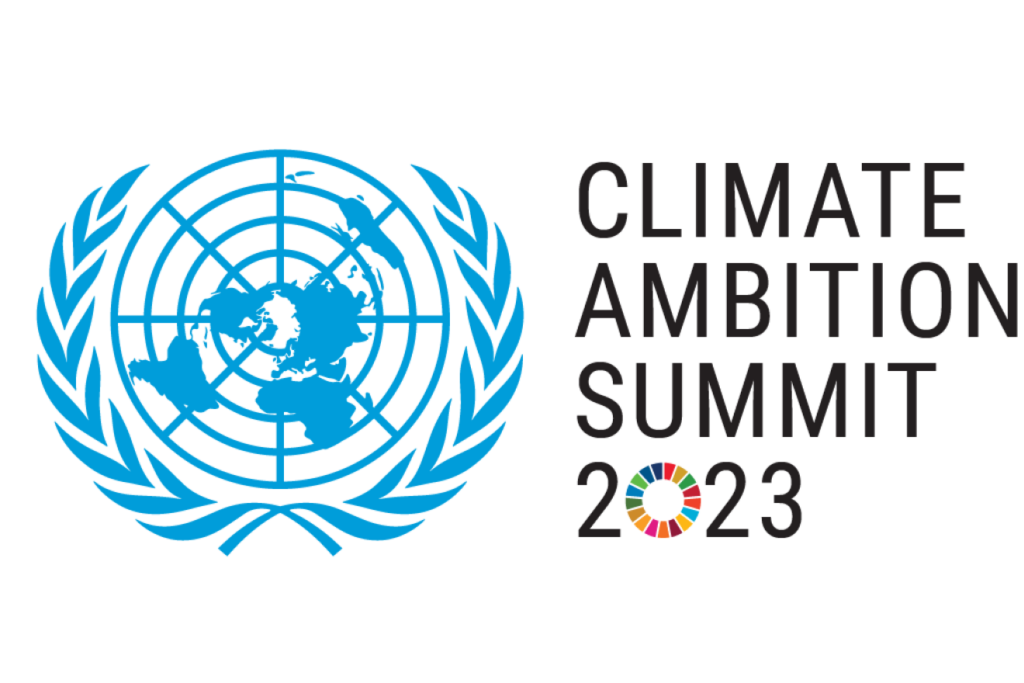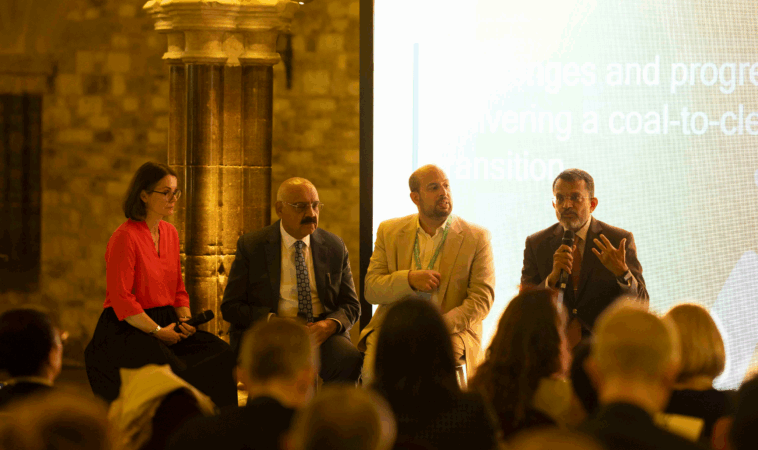
Several world leaders brought new, tangible coal phase-out commitments to the UN Climate Ambition Summit, which concluded last week in New York, forging a path for those countries and companies whose plans on coal phase-out are not yet in line with keeping the 1.5-degree goal within reach.

The summit highlighted the efforts of the most ambitious global leaders, the “first movers and doers”, who responded to the UN Secretary General António Guterres’ call to accelerate action, including by ramping up their efforts on coal phase-out. The UN Secretary General opened the summit underlining that the move from fossil fuels to renewables is happening – but we are decades behind. “We must turn up the tempo, turn plans into action and turn the tide.”, he said, urging countries to implement a fair, equitable and just energy transition, including by ensuring credible plans to exit coal by 2030 for OECD countries and 2040 for the rest of the world.
Colombia and Panama joined our coalition of over 165 countries, sub-national governments, financial institutions, and companies committed to ending emissions from coal power. As Colombia is the world’s sixth-largest coal exporter, their decision to join the Powering Past Coal Alliance represents a milestone. The Government of Colombia will work with the Alliance to develop a plan for phasing out coal power generation while protecting mining communities.
Panama is already carbon-negative, but it seeks to further accelerate its clean energy transition by phasing out coal power generation by the end of this year. Through its Alliance membership, it will push for a faster transition across the world.
Several European countries, including other members of the Powering Past Coal Alliance, also made strong statements on coal phase-out at the summit, demonstrating that the current energy crisis has accelerated the energy transition in Europe leading to a faster coal phase-down in the longer term than previously expected.
Romania made a new commitment to phasing out coal power by 2030. PPCA member Spain brought forward its coal phase-out date from 2030 to 2025 and announced that it has recently reduced the share of coal in the energy mix by 80%. PPCA member Slovakia confirmed its plans to end coal power generation this year and phase out production of heat from coal in the next three years. PPCA member Germany has reaffirmed the commitment to phase out coal “ideally” by 2030 and called on all countries to commit to phasing out fossil fuels, and first and foremost coal at COP28.
Finally, Thailand announced its intention to prepare for coal phase-out through the national energy plan and expressed support the UN Secretary General’s call to phase out coal globally by 2040.
In reaction to the summit outcomes, Head of PPCA Secretariat Julia Skorupska said:
“The summit’s commitments demonstrate that the world is taking action on coal phase-out. We have made important steps forward, but we must go much further and faster to limit temperature increase to 1.5°C. Governments need to arrive at COP28 with new, ambitious commitments to stop building new coal power plants, phase out existing plants by 2030 in the OECD and EU and by 2040 everywhere else and shift investments from coal to clean energy. Solutions to coal phase-out are available, and they deliver benefits for people, the economy and the climate.”
The significant steps to move from coal to clean power announced at the summit can be a source of inspiration for the rest of world. The scientific imperative for urgent and ambitious action on coal phase-out has never been clearer. Coal remains the single largest source of emissions. Global coal consumption climbed to a new all-time high in 2022 and will stay near that record level this year. While the global pipeline of new coal projects is shrinking, some 537.1GW of proposed new capacity remains.
The continued use of unabated coal power, however, is not a forgone conclusion. Through support, collaboration, and sharing approaches and experience, countries can begin to chart the path. Experience in the Alliance shows that once countries start down the path of coal phase out, progress can happen more quickly than ever expected, as is being seeing with countries moving up phase-out dates. In addition, the world is getting better at addressing the technical, economic, social, and policy challenges; increasingly, countries have the tools, approaches, and solutions need to envision a better future. For many, a significant and ambitious first step on this path is to commit to stop building new unabated coal power plants, as John Kerry and Fatih Birol called on all countries to do last week.
The Climate Ambition Summit was an important milestone on the road to COP28 in Dubai. There countries will determine how to respond to the Global Stocktake report measuring progress against the Paris Agreement goal to keep temperature rise to 1.5 °C degrees. The report clearly shows that use of unabated coal power must be reduced by up to 82 per cent by 2030. At COP28, governments will have a historic opportunity to respond to these findings, correct course and make it a priority to accelerate the coal to clean transition within the next 7 years.




